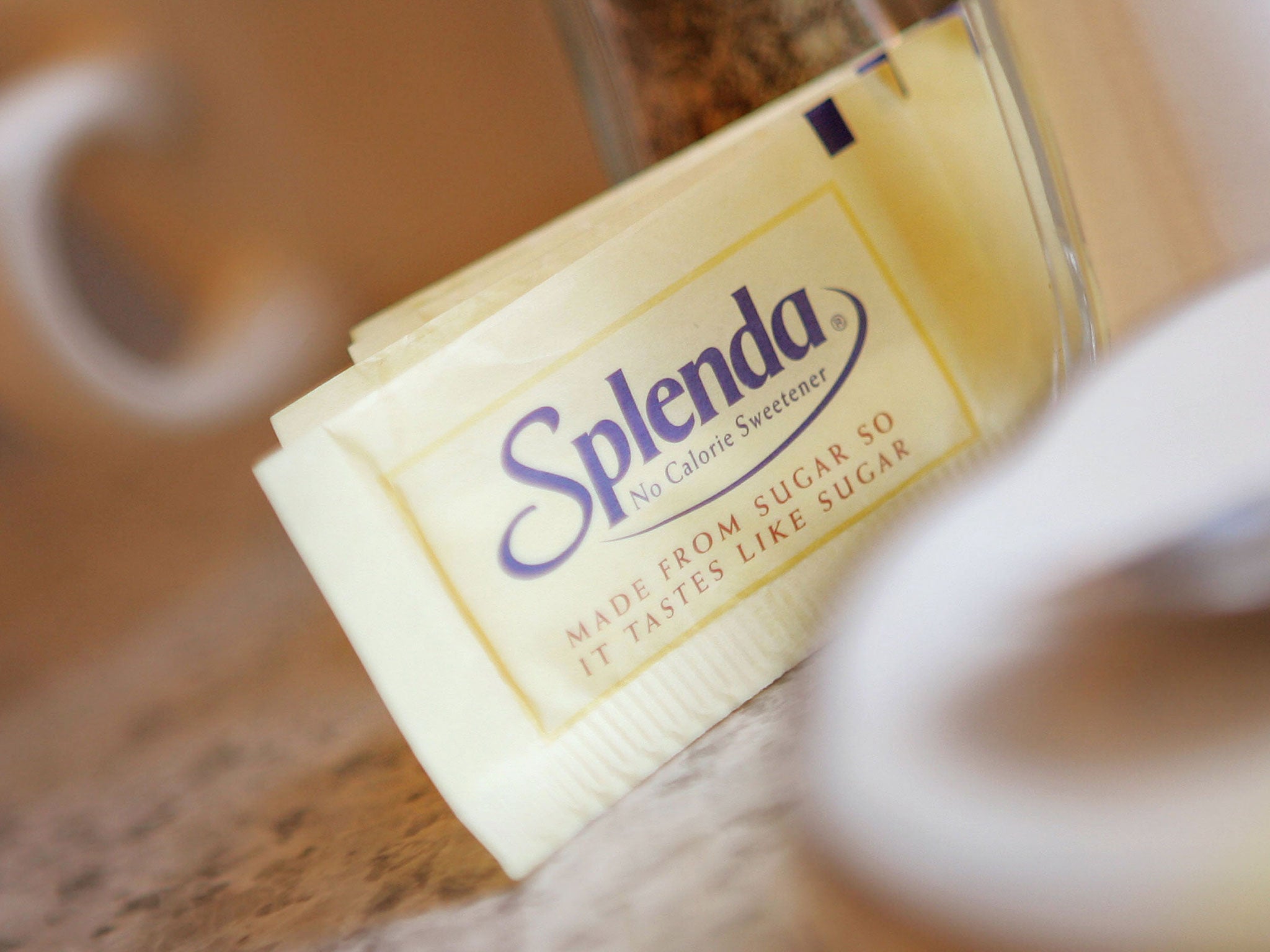A popular sugar substitute can affect certain cancer treatments according to new research results.
The University of Pittsburgh and the UPMC Hillman Cancer Center have published new studies that indicate that the use of sucralose – a popular sugar substitute for people who try to lose weight or manage their blood sugar levels – can make the body more difficult to react to certain cancer treatments.
According to the research, patients with melanoma and non-small cell lung cancer who consumed a high degree of sucralose reacted to immunotherapy worse and had poorer survival rates than people whose diet occurred a low artificial sweetened.
Research also resulted in a potential way to counteract the possible negative effects of sucralose.
The researchers found nutritional supplements that increase the amino acid arginine mirror that actually countered the negative effects of sweetener on immunotherapy treatments in mice. This approach could be followed in further clinical studies to determine whether it can be used in humans.

Doctor Abby Overcre, assistant professor at the Department of Immunology at the University of Pittsbugh and Upmc Hillman, said in a explanation that it is a worthwhile procedure to force paths, how dietary changes are forced, especially for cancer patients that have to do with the stress of the disease.
“It is easy to say:” stop drinking diet -soda “, but if patients are treated for cancer, they already have enough to do. So they may not be realistic to ask them to change their diet drastically,” she said. “We have to meet patients where they are. Therefore, it is so exciting that arginine supplementation could be a simple approach to counteract the negative effects of sucralose on immunotherapy.”
The study that used tests on mice showed that the negative effects may have been caused by the artificial sweetener by disorders of the intestinal bacteria.
It found that sucralose caused a shift in the composition of the intestinal bacteria in mice that enabled an increase in the bacteria to reduce arginine. The increased arginine led to reduced mirrors of amino acid in blood, tumor fluid and stool.
“If the arginine levels were dismantled due to sucralose shifts in the microbiome, T cells could not work properly,” said Overcre. “As a result, immunotherapy in mice that sucralose was fed was not that effective.”
Diwakar Davar, deputy professor of medicine at the University of Pittsburgh and medical oncologist and hematologist at UPMC Hillman, was an employee of the study and found that the negative effects of sucralose were consistent about a number of treatments for a variety of cancer types and stages.
He said that prebiotic nutritional supplements could theoretically be developed specifically for cancer patients with high sucralose levels in the blood to alleviate the negative effects.
The researchers hope to carry out a clinical study to determine whether the increase in arginine through dietary supplements counteracts the effects of sucralose or not. They also plan to expand their research in order to examine the effects of other artificial sweeteners such as aspartame, saccharin, xylitol and stevia for the immune system and for cancer treatments.

